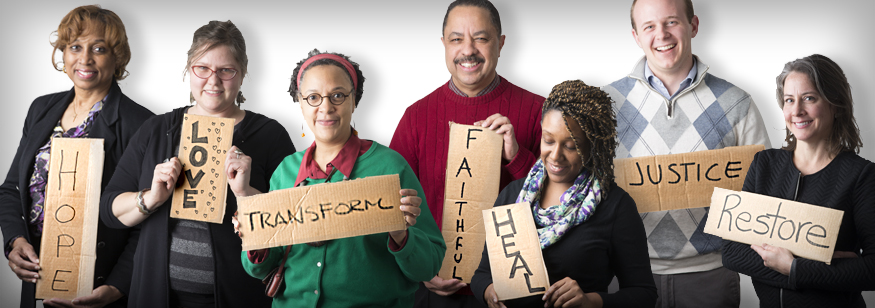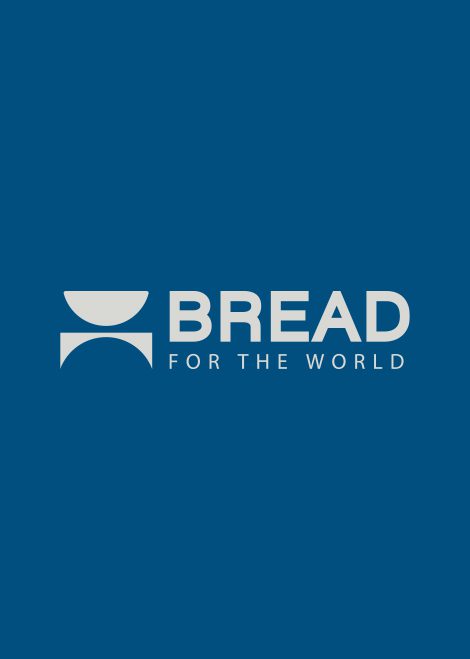
Editor’s note: Bread Blog is running a year-long series exploring passages from The Poverty & Justice Bible published by the American Bible Society (Contemporary English Version). The intent is a theological exploration at the intersection of social justice and religion. The blog posts will be written by members of the church relations staff at Bread for the World.
You people are in for trouble! You have made cruel and unfair laws that let you cheat the poor and needy and rob widows and orphans. (Isaiah 10:1-2)
The prophet Isaiah made this statement following the announcement of the coming of the Messiah, which promised a kingdom of peace and righteousness. However, it is obvious that at the time of this prophecy, through their decrees and statutes, the leaders and people of Israel were being unfair and abusing their powers by preying on the poor, widows, and the marginalized among them.
As a result, they were setting themselves for judgement. This in spite of the fact that the shema (Deuteronomy 6:4), which is considered the statement of faith of God’s people, clearly reveals that in acknowledging Jehovah God as their only God, God’s commandments and precepts would govern their norms of everyday life. Yet Isaiah is addressing Israel’s failure to govern all of their citizens with righteousness. Jesus addressed clearly how God intends to deal with nations that do not care for the “least of these” (Matthew 25:31-46) .
In the last few years, nations around the world have adopted laws such as those advancing human rights and women’s empowerment that have led to improvements in people’s quality of life, health, job opportunities, housing, education, and also moved people from extreme poverty and hunger. However, some people in government authority have proposed laws (such as anti-immigration regulations) that while addressing the socio-economic challenges of the country, are contrary to heart of God as outlined in the Bible.
A survey conducted by the Barna Group shows that about 9 percent of Americans have a biblical worldview. That is a lifestyle that complies with the values and virtues of the kingdom of God. That is a lifestyle that calls for us to respect the intrinsic dignity of every human being by loving our neighbor as Jesus loved us, through acts of kindness, compassion, service, and making their well-being a priority in our relationship with one another.
Just as we observed during the time of the prophet Isaiah, today some of the proposals being considered by Congress, such as budget cuts that would decrease WIC (the Special Supplemental Nutrition Program for Women, Infants, and Children) benefits, are not aligned with the principles and values of the Christian faith. Yet, over 90 percent of our members of Congress identify as Catholic or Protestants. The Bible verse under study calls for a prophetic voice to remind our government officials of their profession of faith, and how it should translate into laws that can positively impact hungry and poor people in the nation.
Sadly, the end of chapter 10 of Isaiah pronounces a judgement for Israel’s unfair decrees towards the poor and marginalized. Again, this judgment is confirmed by Jesus when speaking about the treatment to the “least of these.” Therefore, the church needs a prophetic voice that can speak up for those who are being denied the choices and opportunities that can help lift them out of hopelessness, hunger, and poverty.
BISHOP JOSE GARCIA is the church relations director at Bread for the World. He is a bishop in the Church of God of Prophecy, a worldwide Pentecostal denomination with thousands of churches.



